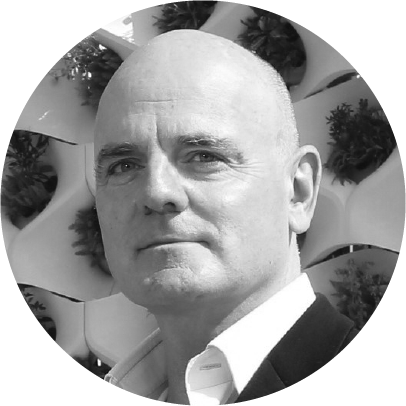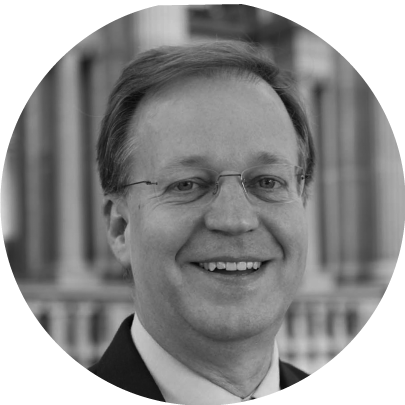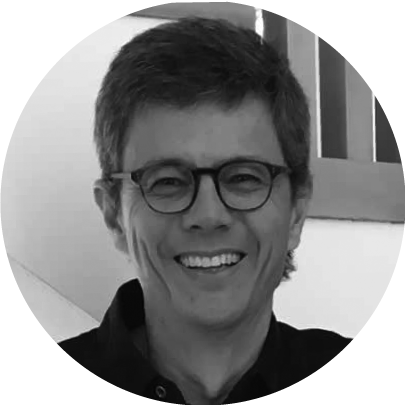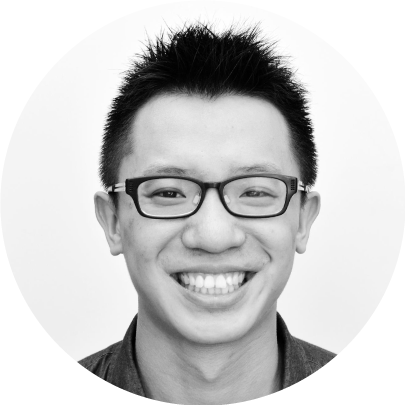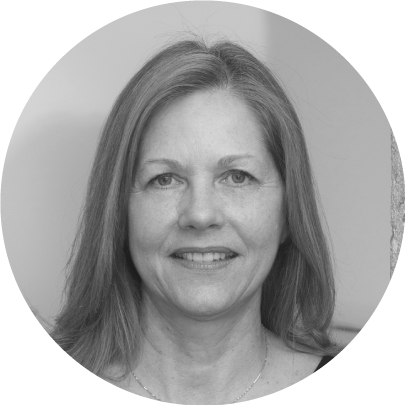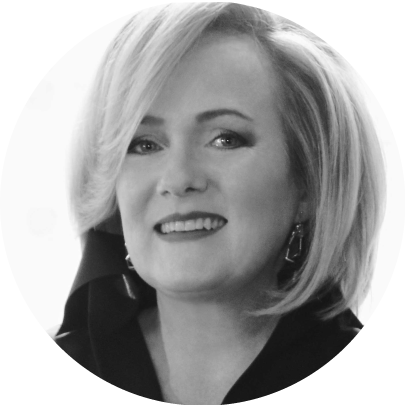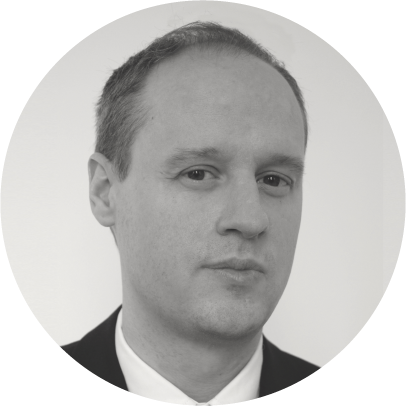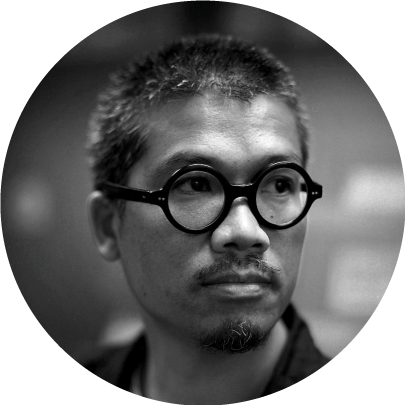We are seeing a surge of thoughtful, creative and more radical approaches to reinvigorating public spaces and reinventing urban experiences in cities around the world.
Urban environments influence the way we live, work, play and connect. Public realm is playing an increasingly important role in improving quality of life and addressing urban challenges. Finding innovative ways to activate public spaces, enrich public life and engage communities through a people-centred approach and design-led solutions is critical.
The transformation goes beyond re-designing our urban surroundings and infrastructure, as it inspires a rethink of policies and regulations and new ways to experience the cities in response to the changing lifestyles and values.
How brands and businesses embrace today’s healthy lifestyle trends and sustainable consumption also contributes to the making of liveable cities.
Forum 2 looks at how urban planners, designers, thinkers and businesses are shaping our cityscape and the ways we understand and reimagine our urban experience.
- How might we make cities more walkable, inclusive, playful and interactive for people of all ages and abilities?
- What are the challenges and opportunities in creative placemaking? How can policies and regulations be more responsive and adaptive to the new challenges and emerging trends?
- How to unlock the creative potential of people and communities and encourage public participation in the process?
- What data can tell us about our future? How can we use datasets in more meaningful ways for future planning and design of cities?
- What are the disruptive trends in business and tech that are shaping and redefining our urban experience?


